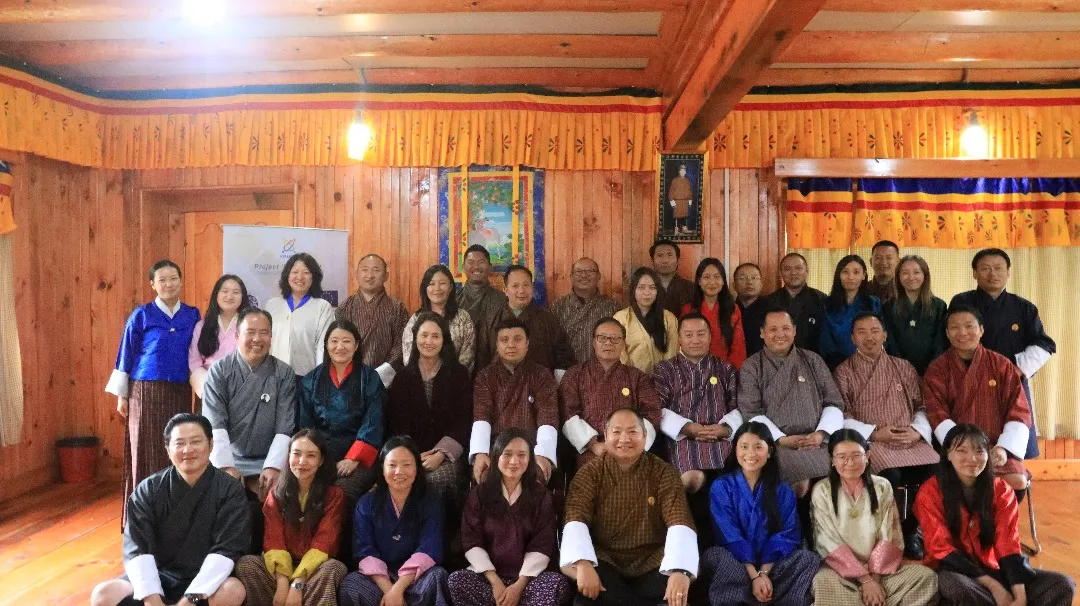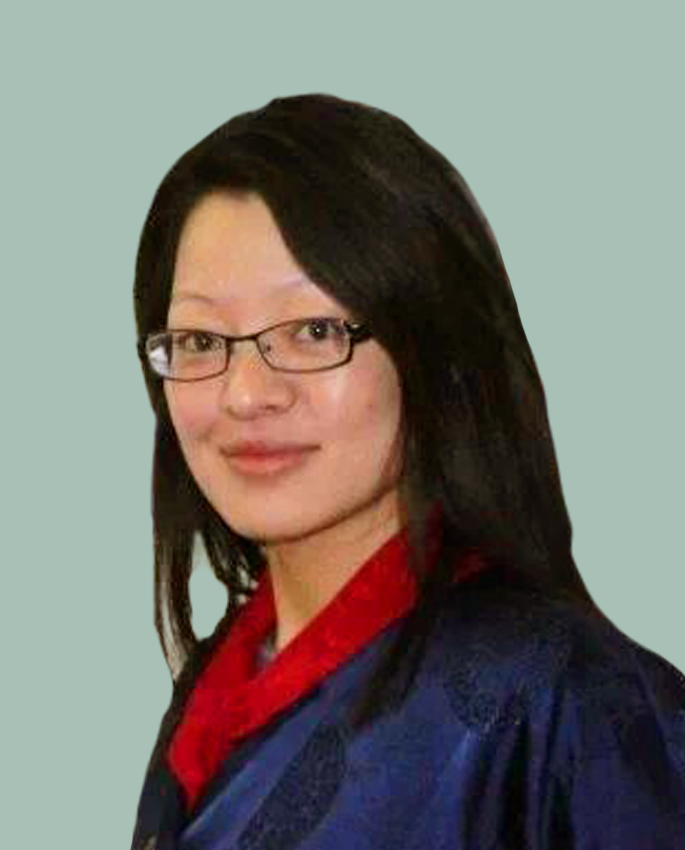Fostering collaboration: Strengthening ties between parliament and civil society

The event brought together 32 participants, including seven Honorable Members, the Secretary General, and seven officials from the National Assembly and National Council Secretariats. Seventeen representatives from various CSOs also attended, with a balanced representation of 17 women and 15 men. The workshop emphasized mutual understanding, enabling Parliamentarians and secretariat officials to gain a deeper appreciation of the role of CSOs in addressing community needs and supporting parliamentary functions.
The Secretary General of the National Assembly provided an overview of Bhutan's parliamentary development, followed by talks on legislative procedures and CSO-parliament cooperation. Participants learned about the Parliament’s structure, including committees, legislative processes, and oversight mechanisms. Discussions focused on effective collaboration strategies between the Parliament and CSOs, highlighting policy advocacy and public hearings. This exchange aimed to empower CSOs to actively participate in legislative discussions, enhancing their role in democracy.
A key aspect of the workshop was the panel discussions, where Members of the National Assembly and CSO representatives shared their experiences and the challenges they face. These stories highlighted achievements across various areas, including youth, gender, the environment, disability rights, democracy, and LGBTQ+ rights. The discussions addressed a range of critical topics, such as youth issues, migration, sustainability, education, challenges related to security clearances, and the need to create a more enabling environment for civil society organizations to contribute effectively.
To build trust, participants emphasized the need to address misconceptions that hinder productive dialogue. Given that most initiatives are project-funded, they also highlighted the importance of establishing sustainable, long-term institutional partnerships. This workshop encouraged CSOs to share their challenges and contributions candidly, fostering trust and credibility, which is critical for successful collaboration. Honorable Dorji Wangmo, Member of Parliament stated, "credibility is the cornerstone of trust, and national interest must always come first."
The significance of CSO work was acknowledged by Members of Parliament, who saw how CSOs are complementing government efforts. With their grassroots insights, CSOs help Parliamentarians better serve communities. The workshop emphasized the essential advocacy role CSOs play for underserved groups.
The participants discussed shared goals and mutual efforts. The importance of involving youth in policy and legislative discussions was frequently stressed by many CSOs.
The Secretary General of National Assembly quoted Swami Chinmayananda Saraswati: "Youth are not useless but used less, not careless but cared less."
They examined ways to improve parliamentary engagement with youth, considering Bhutan's high youth unemployment and migration rates. Participants considered how Parliament and CSOs could collaborate on these issues through policy advocacy and public hearings.
Tseten Lhamo, a Program Officer at the Bhutan Centre for Media and Democracy stated that “Youth and parliamentarians’ engagement is essential! It empowers the next generation to shape the future, ensuring that their voices and perspectives drive meaningful change in society.”
The workshop concluded with the Secretary Generals highlighting the vital role that Civil Society Organizations (CSOs) play in Bhutan's democracy and stressing the importance of continuous dialogue with Parliament. This initiative laid the groundwork for future cooperation, emphasizing CSO contributions to participatory governance.
The workshop was organised under Project ‘Nyamdrel II: Support to CSOs and the Parliament of Bhutan, funded by the European Union.








